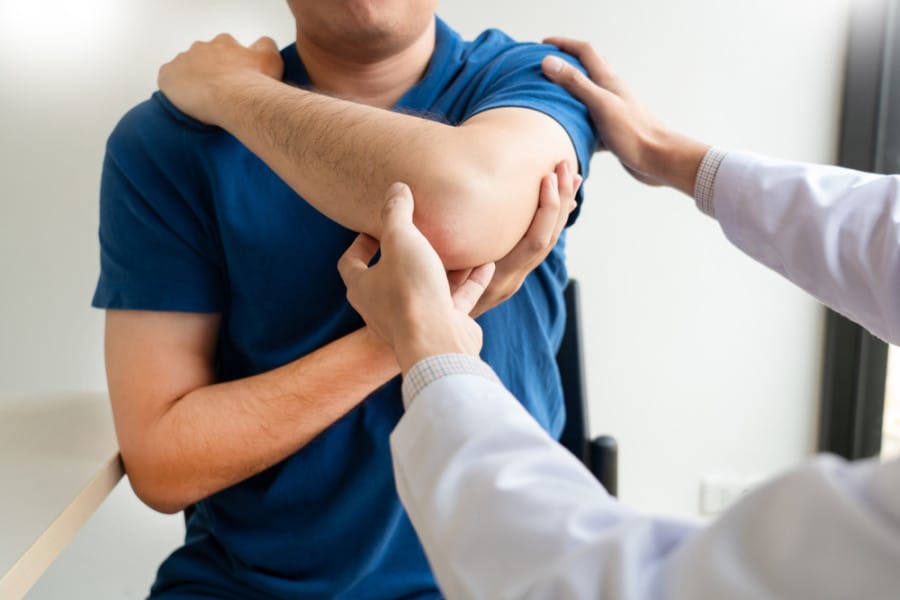Efficient Tactics For Coping With Persistent Physical Injuries
Physical injuries can sometimes feel like unexpected setbacks, throwing a wrench in our plans and putting our patience to the test. We’ve all experienced the lingering pain and frustration that comes from injuries that seem to take forever to heal. But fear not, there are ways to deal with these stubborn injuries and promote healing.
Whether you’re dealing with a sprained ankle, a pulled muscle, or a chronic condition, here are some strategies that can help you manage and potentially speed up the healing process:
1. Seek Professional Advice
One of the first steps you should take when faced with a persistent injury is to consult a healthcare professional. They can accurately assess the severity of the injury and provide guidance on the appropriate treatment options. This may include physical therapy, medication, or even surgery.
2. Rest and Protect the Injured Area
It’s essential to give your body adequate time to heal. Resting and protecting the injured area is crucial for preventing further damage and promoting recovery. This may involve using crutches, wearing a brace, or modifying your activities to avoid aggravating the injury.
3. Apply Cold and Heat Therapy
Applying cold packs or ice to the injured area can help reduce pain and inflammation in the early stages. After a few days, you can switch to heat therapy, such as warm compresses or a heating pad, to promote blood flow and facilitate healing.
4. Practice Gentle Exercises
While rest is crucial, it’s also essential to engage in gentle exercises that promote mobility and prevent muscle weakening. Consult with a physical therapist who can guide you through specific exercises that are safe for your injury and help accelerate the healing process.
5. Maintain a Healthy Diet
Eating a nutritious diet is vital for overall health and healing. Focus on consuming foods rich in vitamins, minerals, and antioxidants to support tissue repair and reduce inflammation. Stay hydrated and consider incorporating supplements like vitamin C or omega-3 fatty acids, known for their healing properties.
6. Manage Pain and Discomfort
If pain and discomfort persist, speak to your healthcare professional about pain management options. They may recommend over-the-counter pain relievers or prescribe stronger medications if necessary. Additionally, alternative therapies like acupuncture or massage can provide relief and aid in the healing process.
7. Manage Stress
Stress can hinder the healing process, so it’s crucial to find ways to manage it effectively. Practice stress-reducing techniques such as deep breathing exercises, meditation, or engaging in enjoyable activities that promote relaxation and overall well-being.
8. Be Patient
Healing takes time, and it’s important to be patient throughout the process. Don’t push yourself too hard or rush the healing timeline. Listen to your body’s cues and adjust your activities accordingly. Remember, healing may not happen overnight, but with the right care and mindset, you can support your body in its recovery.
Dealing with physical injuries that refuse to heal can be frustrating, but by following these strategies and seeking professional guidance, you can improve your chances of getting back on track to a healthier, pain-free life.
The post How To Deal With Physical Injuries That Refuse To Heal appeared first on The Art of Healthy Living.
















